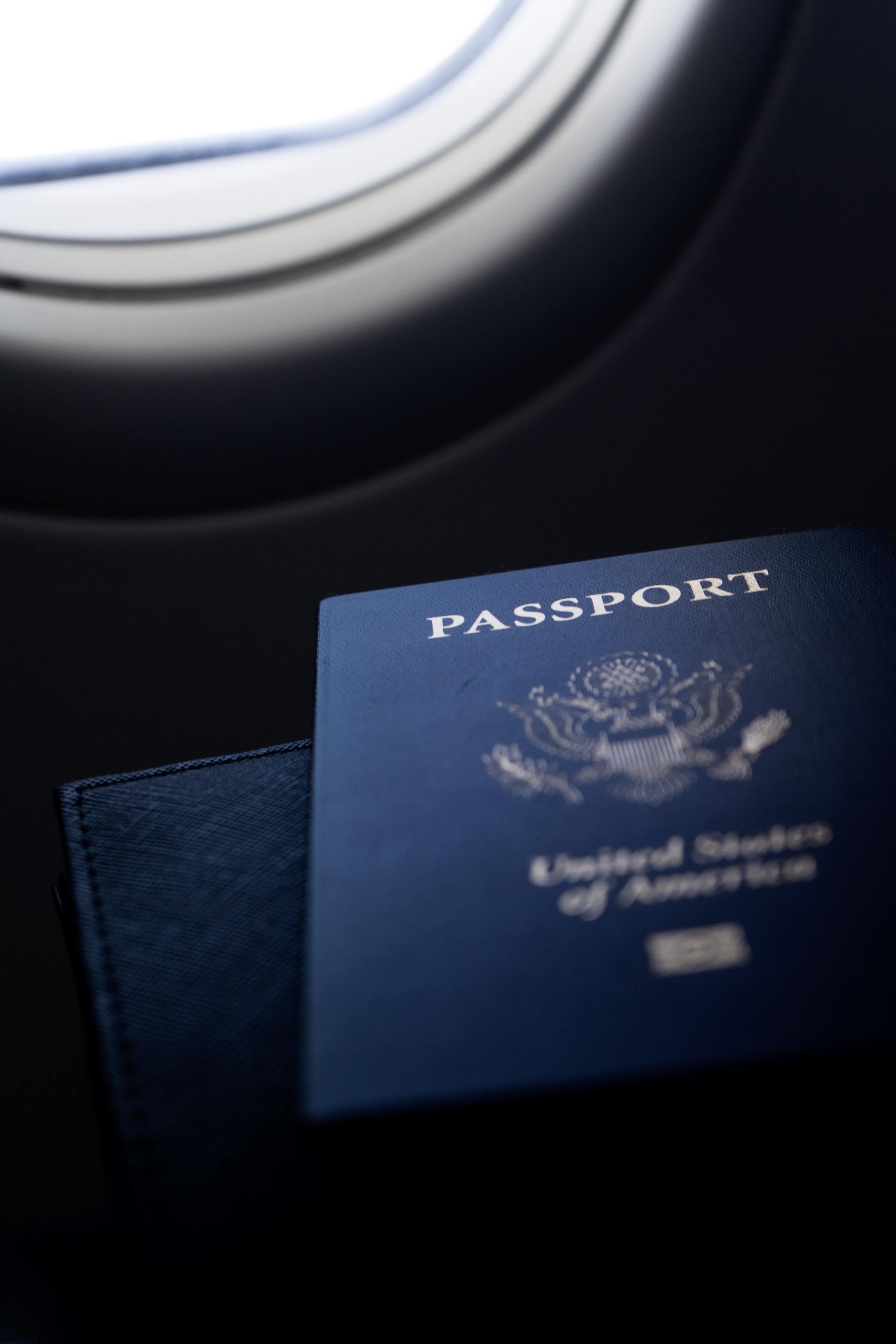Removal of Condition (I-751)
Removal of Condition (I-751)
If you received your conditional permanent resident status through marriage to a U.S. citizen or lawful permanent resident, or being admitted to the United States as a fiancé(e) of a U.S. citizen (and then marrying the U.S. citizen), your conditional permanent resident’s status is valid for only two years and cannot be renewed. You must file a petition to remove conditions on permanent resident status, or risk losing your lawful status.
Classification
You may apply to remove conditions on your permanent residence status based on marriage if you:
- Are still married to the same U.S. citizen or permanent resident after two years. You may include your children in your application if they received their conditional-resident status either at the same time or within 90 days as you did,
- Are a child who received conditional permanent resident status based on your parent and cannot be included on your parents’ application for a valid reason,
- You are a widow or widower who entered into your marriage in good faith,
- You entered into a marriage in good faith, but the marriage ended through divorce or annulment or
- You entered into a marriage in good faith, but either you or your child were battered or subjected to extreme hardship by your U.S. citizen or permanent resident spouse
Joint Petitions
If you want to remove the conditions on your permanent resident status, you must file a joint Form I-751, Petition to Remove Conditions during the 90-day period before your conditional resident status expires.
If you do not file a joint petition within this 90-day period, USCIS will automatically terminate your conditional permanent resident status and will place you in removal proceedings.
If you filed your joint petition late USCIS has the discretion to accept it if:
You establish good cause for the late filing;
There were extenuating circumstances that affected your ability to file within the required time frame; and
The immigration court has not yet taken jurisdiction over your removal proceedings.
Waiver of the Joint Petition Requirement
You may request to waive the requirement to file Form I-751 jointly with your spouse. You must show that:
- Deportation or removal from the United States would result in extreme hardship;
- You entered into a qualifying marriage in good faith but the marriage was terminated (not by death); or
- You entered into a qualifying marriage in good faith, but during the marriage either you or your child was battered or subjected to extreme hardship by your U.S. citizen or lawful permanent resident spouse or parent.
Source: uscis.gov
Our immigration attorneys have extensive experience in immigration law and can guarantee you competent and effective legal representation. Schedule an appointment online (in person or phone call consultations) to learn more about how you can file a petition to remove conditions on permanent resident status in the United States.
Questions
For any further questions you can contact our office by scheduling an appointment with us.
Blog Posts
Blog Posts

Your conditional resident status is only valid for 2 years. In order to prevent losing lawful status in the United States, you must submit Form I-751, Petition to Remove Conditions on Residence, 90 days before your conditional green card expires. It is critical that you file Form I-751 to remove the conditions in a timely manner because if it is not, you may risk being left without status and the U.S. Department of Homeland Security may issue you a Notice to Appear and place you in removal proceedings before an Immigration Judge.

Click here to read this article in Portuguese and Spanish If you and your spouse were married for less than 2 years at the time of your I-485 ( Adjustment of Status ) interview and your application was approved, your lawful permanent resident status is conditional and a separate petition to remove those conditions (I-751 petition) must be filed within 90 days of the expiration date on your Green Card. An I-751 petition is a joint petition, filed by the Green Card holder and their spouse, that requests USCIS remove the conditions and issue you permanent resident status and a new 10-year Green Card. However, what if after filing the I-751 petition, you and your spouse decide to get divorced? In such situations, the Green Card holder can request a waiver of the joint petition filing requirement and submit this request with their I-751 petition. Even if you are requesting an I-751 waiver, you must still show that the marriage was originally entered into in good faith. This means that you will still need to prove to USCIS that you entered into the marriage for love and not just to obtain a Green Card. Evidence of good faith can include, but is not limited to, the marriage certificate, joint documents, birth certificates of children born of the marriage, etc. Documentation that can/should be submitted with your I-751 waiver request include copy of your green card, documentation regarding the circumstances surrounding the end of your marriage, evidence that the marriage was entered into in good faith, copy of the divorce decree (or evidence that divorce proceedings have been initiated if not yet final), statement from you regarding the circumstances, etc. USCIS reviews waiver requests on a case-by-case basis. Current USCIS policy guidance indicates that if a waiver request is made and the divorce is not yet final, USCIS should issue a Request for Evidence (RFE) with a response period of up to 87 days. In the RFE, the officer will request that you provide a copy of the final divorce decree and a statement from you officially asking that the I-751 petition be converted to a waiver application (if not already provided), along with any other documents they deem necessary to decide the case. As long as you can provide these documents to USCIS by the response deadline, the officer can amend the I-751 petition indicating that you are eligible for a waiver based on the termination of the marriage and can adjudicate the petition as such without the need to re-file the application. USCIS will then evaluate whether or not the good faith requirement has been met and may schedule the case for an in-person interview. If the application is approved, then you will be issued your 10-year Green Card. If the application is denied, then your case may be referred to immigration court and you may be placed in removal proceedings. I-751 waiver cases are a complicated matter. If you or someone you know find themselves in a situation like the one mentioned above, please contact our experienced immigration attorneys at Santos Lloyd Law Firm for assistance with your case.






